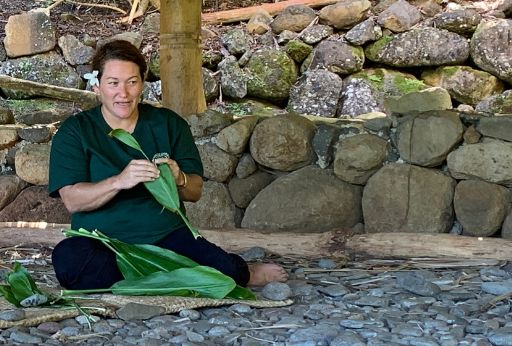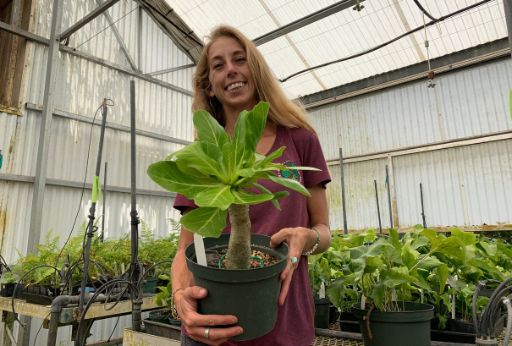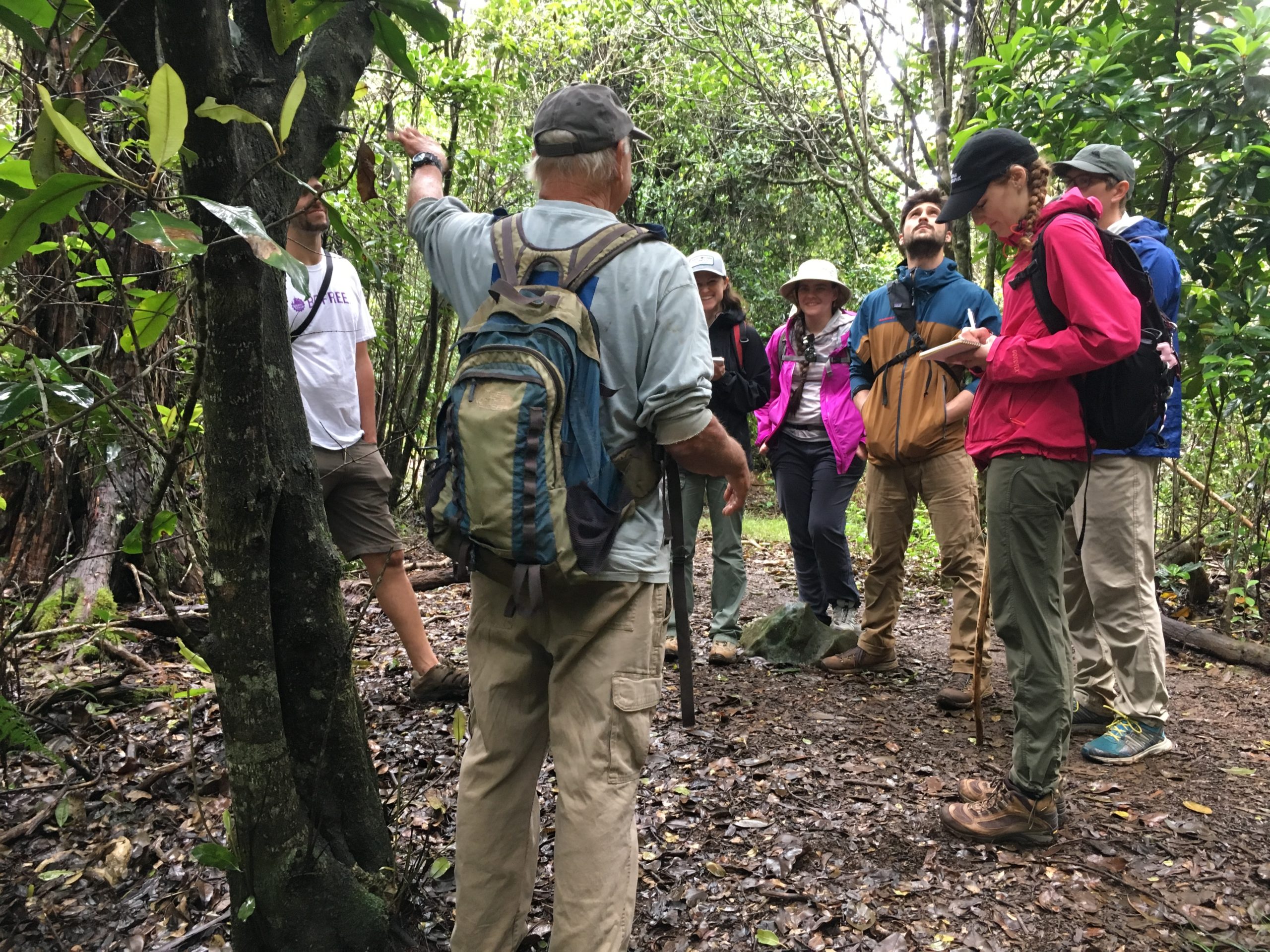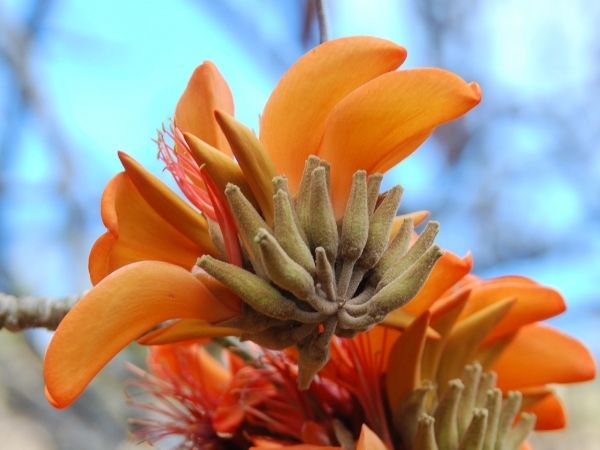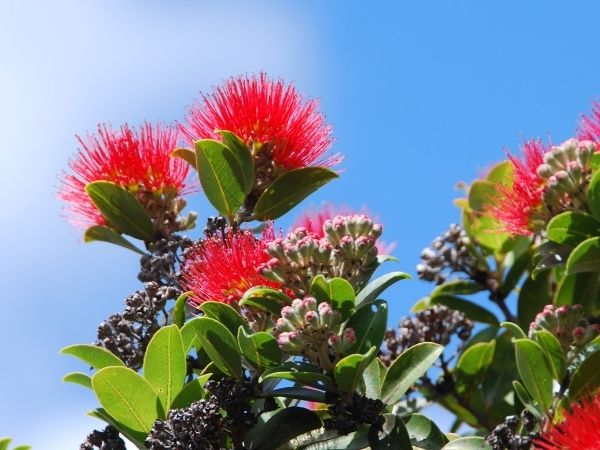Tropical Plant Database - Plant Details
Phoenix reclinata
Click on any heading above to view more information about this plant
Conservation Status
- IUCN: least concern
- USFWS: None
Family: ARECACEAE
Genus: Phoenix
Species: reclinata
Species Author: Jacq.
Vernacular: Senegal Date Palm
Synonyms: Phoenix pumila regel
Genus: Phoenix
Species: reclinata
Species Author: Jacq.
Vernacular: Senegal Date Palm
Synonyms: Phoenix pumila regel
This beautiful and unusual palm grows in huge clumbs that can make a striking statement in the landscape. The Senagal Date Palm is variable in shape and form but tends to grow as clumps composed of multiple stems reaching 25' to 50' in height. These slender stems are covered with brown fiber and tend to curve away from the center of the clump in graceful arcs. They are topped by crowns of dark green to yellow-green pinnate, feather shaped fronds. The leaves are up to 8'-15' long and about 3' wide and recurve attractively toward the ground. The leaf stem is armored with vicious needles near the trunk. Male and female flowers are borne on separate plants. Both are borne on 3' branched infloresences. The fruit, called a date, follows the female flower. It is similar to the dates we buy in the store but is smaller and has less flesh and is mostly seed - they also do not taste very good although they are edible.
(Floridata Plant Encyclopedia. 2004.)
(Floridata Plant Encyclopedia. 2004.)
This palm is a dramatic specimen plant for large yards, parks, campuses and other spacious areas. It also looks impressive against large buildings. Makes a great potted specimen for the patio when young. Can also thrive in large containers and other confined areas in urban landscapes.
(Floridata Plant Encyclopedia. 2004.)
(Information for this species compiled and recorded by Camelia Cirnaru, NTBG Consultant.)
(Floridata Plant Encyclopedia. 2004.)
(Information for this species compiled and recorded by Camelia Cirnaru, NTBG Consultant.)
This tree is native to the semi-arid plains of Senegal, a country in the northeast part of sub-Saharan Africa. It is now frequently encountered in warm region landscapes everywhere.
(Floridata Plant Encyclopedia. 2004.)
(Floridata Plant Encyclopedia. 2004.)
.svg)





